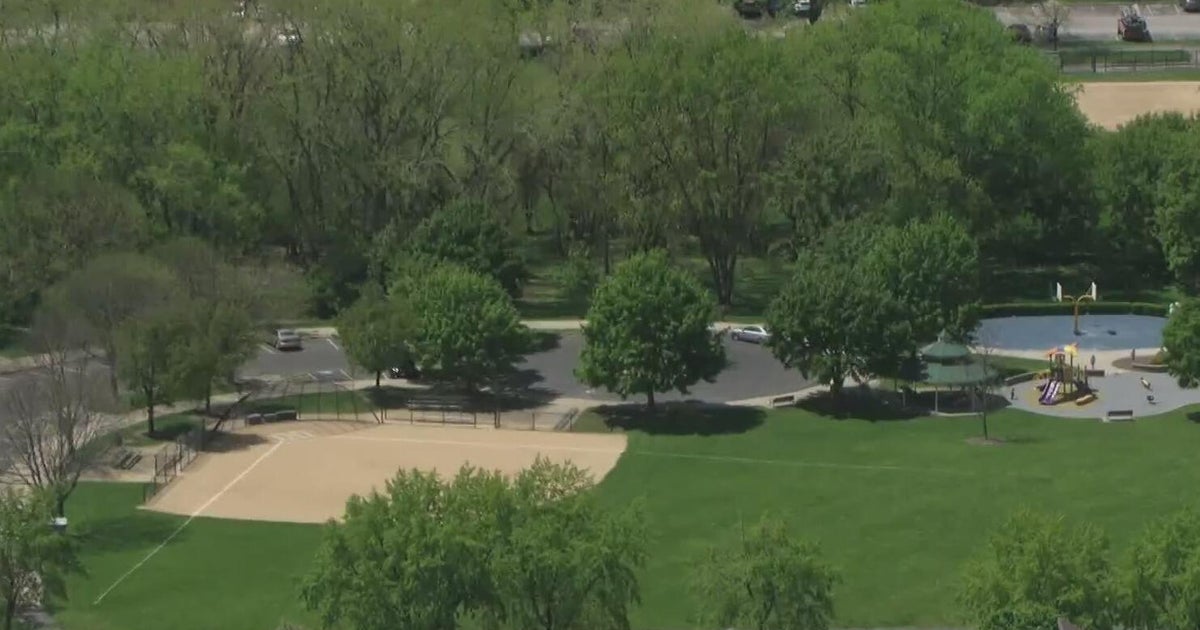Some of Chicago's hottest restaurants are losing business to reservation piracy; Illinois state lawmaker wants to stop it
If you like to go out to eat in Chicago, you know how tough it can be to score a reservation. Scammers saw that opportunity and are trying to cash in.
Bad actors are scooping up reservations at hot spots and trying to sell them for big money. It's known as reservation piracy or reservation scalping.
Whether it drinks or food, many restaurants require reservations, and at Piccolo Sogno in West Town, the tables fill up quickly, especially on weekends.
"We are 99% always fully booked," owner Ciro Longobardo said.
Across the city, some restaurants relying solely on electronic reservations are running into a problem.
"We have these third-party software companies. They're going on, they're taking up all of the reservations that are free on OpenTable, Resy, Tock; and then they're reselling them, for sometimes hundreds of dollars," said Illinois state Rep. Margaret Croke (D-Chicago).
Yet when customers purchase the third-party reservation, rather than from legitimate sites like OpenTable, they hit a snag, and find out they don't actually have a reservation.
Croke introduced legislation to prevent restaurant reservation piracy after hearing from several restaurant owners.
"They told me about how people would come in thinking they had a reservation when they didn't, and how angry people were," Croke said. "They told me about how they didn't even have people wanting to walk in in the neighborhood, because they always thought the restaurant was going to be fully booked."
It's costing restaurants big time.
"I don't like at all, the buying of the reservations, the selling. You know, I'm going to prepare for a busy night, and all of sudden I have 50-70 customers not show," Longobardo said.
That's why at Piccolo Sogno, they refuse to rely entirely on reservation apps.
"It's good, but I'm not going to let an electronic system to run my business," Longobardo said.
It's not just restaurants getting targeted.
OpenTable is sending users emails reminding them to be suspicious of emails, text messages and calls from restaurants trying to verify reservations. It's all in attempt to get passwords and access to credit cards numbers.
"It's always in a situation where it's imperative that you answer questions quickly, and that's what we call the tip off to the rip off," Better Business Bureau Chicago president Steve Bernas said. "Ultimately it comes down to identity theft, which is still the fastest growing white collar crime today."
The measure Croke has introduced in Springfield would prevent third-party services from listing, advertising, promoting, or selling reservations for restaurants without a written agreement.
It also would allow restaurant owners to take legal action and sue unauthorized third-party companies that buy their reservation spots without authorization. Violators could face fines of up to $1,000 per reservation posted.



